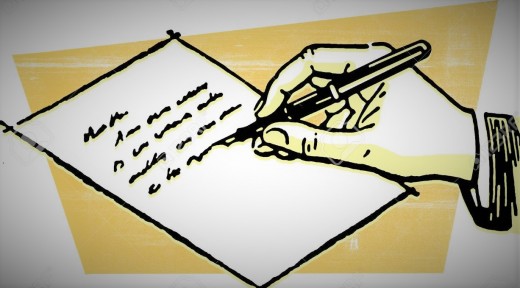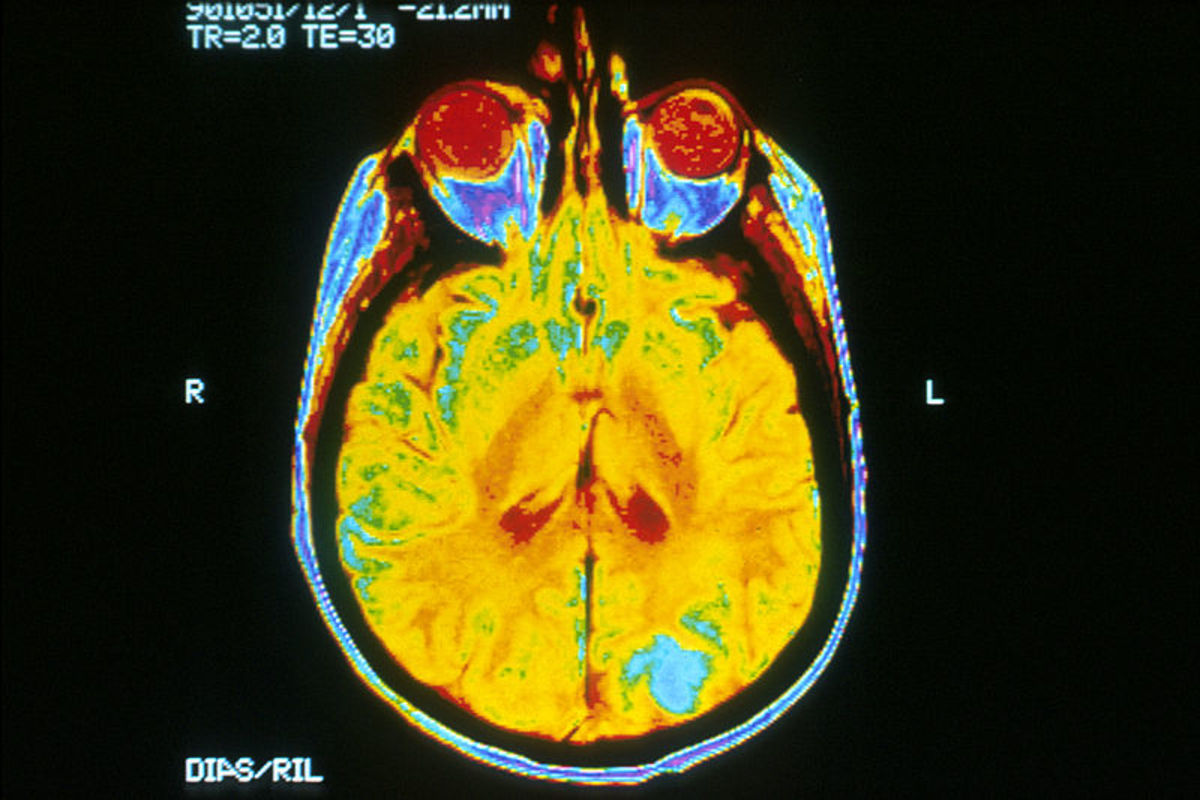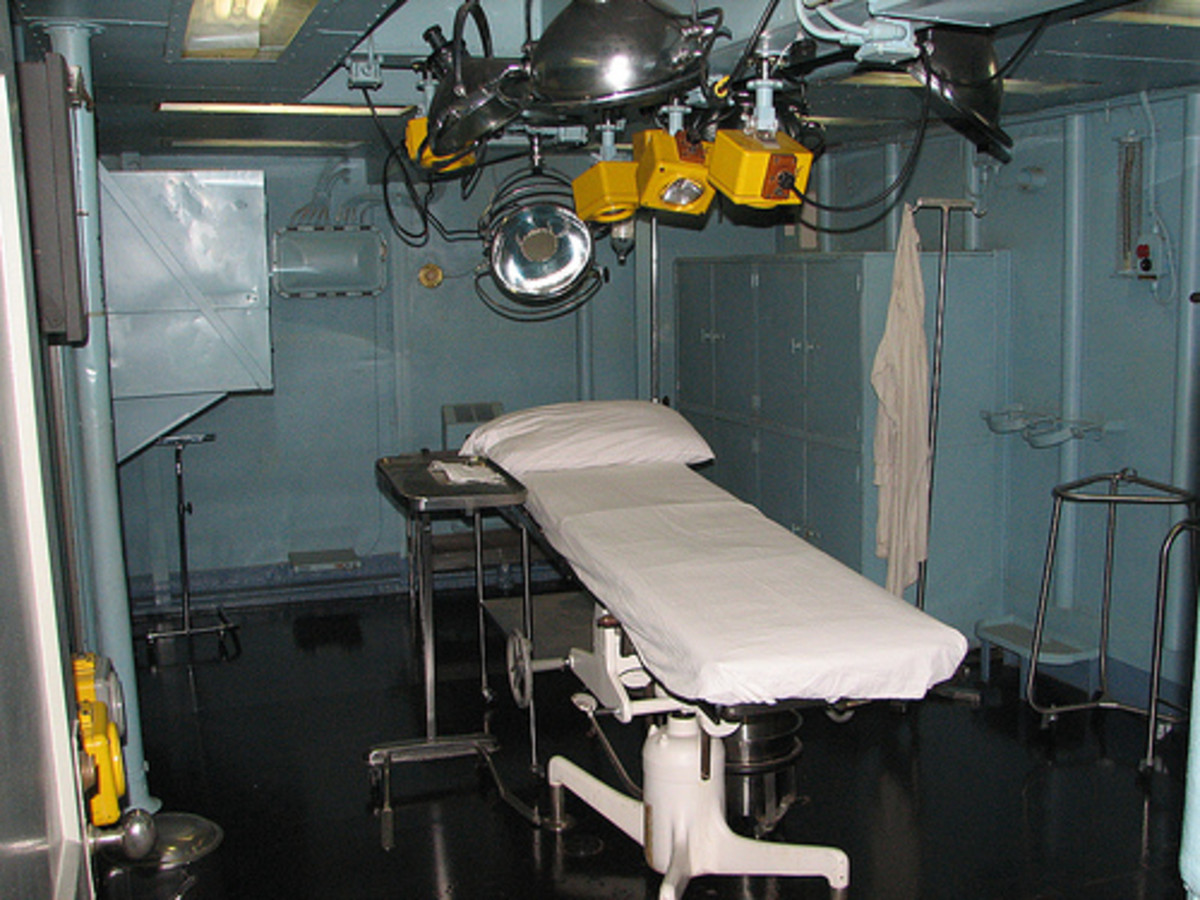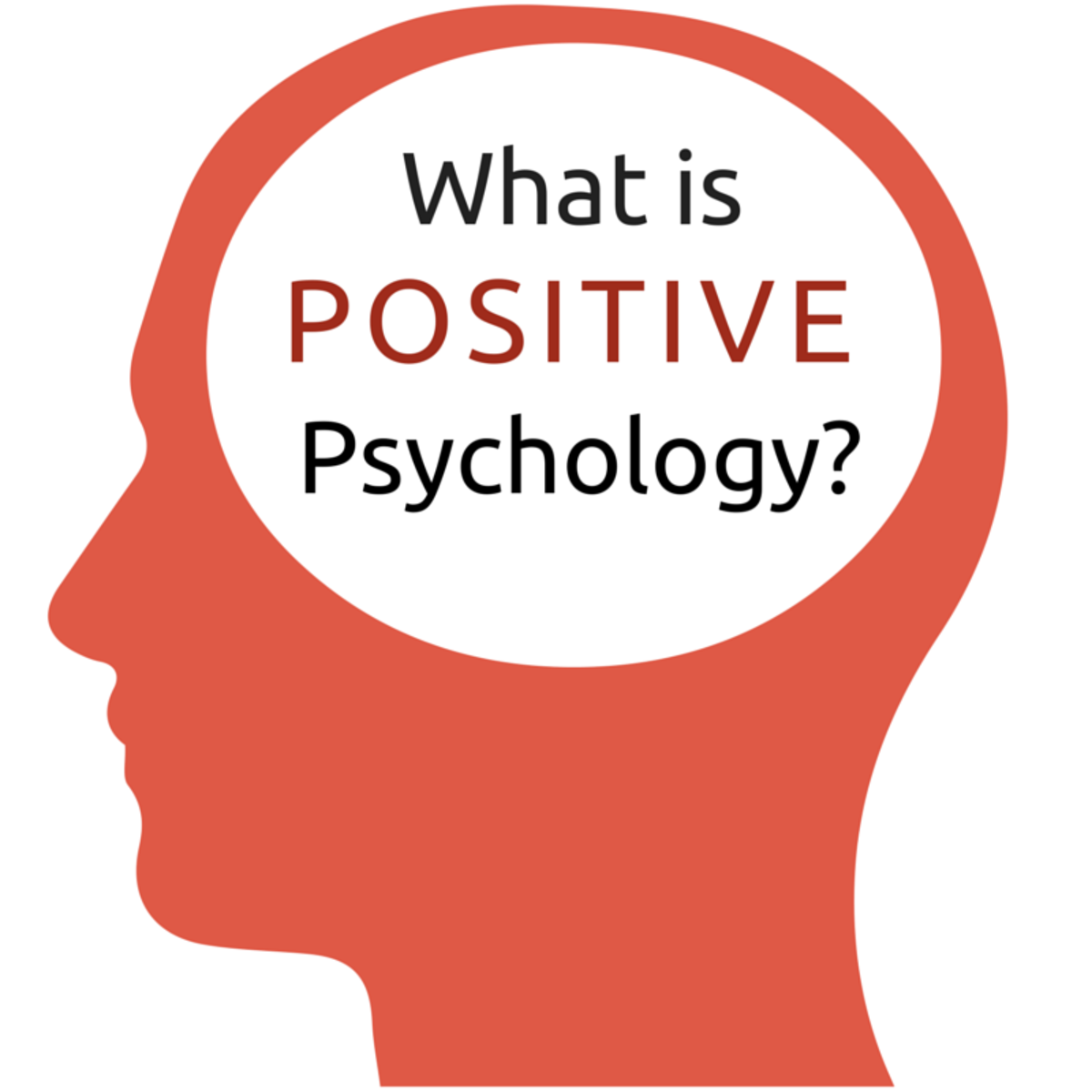The Psychology Query: Issue 5 Mind-Body-Spirit & Preferred Coping Styles

I was speaking with someone I met last night who had been a psychologist in Germany and we began discussion the DSM, the diagnostic system that we use in mental health to assign diagnoses via a set of empirically validated criteria. I made the comment that the system is a disaster and many in the field won’t use it if given the choice. We began to discuss approaches to diagnoses and psychological training models used to educate clinical psychology students. She argued that a big part of what is missing in traditional clinical psychology training programs in a comprehensive focus on the mind-body-spirit continuum. Although we recognize that the mind, body and spirit interact in complex ways, she added, we don’t design interventions that correlate with this knowledge. I agreed with her especially on the spiritual aspect of treatment, whatever that means for each individual. It’s as if we know something that we accept on principle but when it gets to designing or choosing interventions we stick with what are considered “tried and true” methods such as cognitive behavioral psychology and medication.

My new friend qualified her statements by saying that it wasn’t that she believed the standard types of interventions aren’t useful or effective but that there is some many other approaches that could be used that we ignored. She gave an example of a women that she worked with. This woman had suffered from cancer and one day remarked that she had gone through a number of traumatic experiences and thought perhaps the cancer could have been related to her continued inability to cope with them. She then wondered if it might be useful to go to therapy to deal with her long term issues related to these troubling circumstances. She hoped that it would have the effect of adding a potential weapon to use in her fight against cancer.
I raise this issue to make an important point for all of us involved in the mental health field. People look to us as professionals for how to think about health treatment. This goes weather you are a researcher, clinician, policy maker, advocate, writer or any other role you might have exploring and addressing the area of mental health. When there are approaches that seem perhaps outside the box in some way, many people straddle the fence regarding how they respond. They will sit on the proverbial fence until they see how those who are considered to be the experts are going to react. Making ourselves open to a myriad of options that might prove useful for different types of people and different cultures will allow us to provide treatments in a truly patient focused manner. It will also let us see the patient as an entire person made up of the physical and psychological, the mind and body and all that these two systems create as they work together.
Answer to Reader Question

I have been in treatment for leukemia for about four months now which includes regular blood work, and periodic tests such as lumbar punctures and bone marrow aspiration to gage the effectiveness of treatment. One of the complications I have is hyperleukocytosisI which means I have way too many white blood cells. This means I have to undergo this horrible treatment called leukocytapheresis regularly where my blood is removed through one catheter, cleared of white blood cells then returned to my body through another catheter. I don’t do well with any type of medical procedure, something that has always been true, which has made this treatment a real ordeal for me. The only way I can even begin to cope with all the medical procedures is to do whatever I can to not think about what is happening and try to think of other things entirely. I got training in self-hypnosis to help me do this and wear head phones to listen to music. I am pretty successful as long as I don’t get overwhelmed by what is happening. There is this nurse, however, who insists on telling me about every aspect of the situation before hand and warns me about every step of a procedure before they do it. Despite my telling her that this makes it practically impossible for me to get through a procedure and asking her not to do this. She insists that it is the healthiest thing. I actually had to make them stop a bone marrow aspiration this week because even though I’d had several of them already and know what I need to do which is basically keep still, she insisted on detailing everything as they went anyway. I panicked and made them stop. This nurse was exasperated with me. She said that I needed to see someone about my inability to cope properly with important information and my refusal to pay attention to the information I needed to know about procedures was entirely maladaptive, inappropriate, and dysfunctional. I began wondering if maybe she was right and if I’m just being immature because of my inability to cope with things like a grownup. Is not wanting to know about what will occur during procedures except what is absolutely necessary, a problem that shows that I can’t cope properly with life’s problems? What is the best way to handle this situation?
First, I am sorry you are going through all this. I have worked with a lot of children, adolescents and young adults who have different types of cancer. I never stopped respecting their ability to get through not just the anxiety about the illness but also all the invasive procedures that had become part of their day to day lives.
Regarding your question, let me reassure you: You are asking about coping styles and like most other things in life there are a range of styles and techniques people use to handle tough situations. Some may be maladaptive, should they prevent the person from doing what it takes to handle a problem or make a decision that needs to be made. However, this is not what you are doing.
Let me back up for a minute and talk about the difference between avoidance and distraction, coping styles and the preference for information. There’s a difference between those who actively avoid information and those who use distraction, who are referred to as “high blunters”. When there is an unavoidable threat of some kind, those who do the best are split between those who seek information and those who distract themselves from what is going on. Yet this is based on their general style of coping. Some people need to be told about every aspect of what they will be experiencing, in the case of medical procedures. They need to be able to prepare themselves as a way of coping and being unable to do so increases their distress. Likewise, those who typically use distraction to cope with distress need to be able to do so when faced with an uncontrollable negative event.
You are a "distractor" or “high blunter,” not an "avoider". Information avoiders do not just try to distract themselves from thinking about the situation to cope while it something is taking place. They avoid information they need to make decisions about the health, also often avoiding necessary tests and procedures while refusing to learn about the consequences of their actions. They find a way to avoid thinking about not showing up and facing what that means. (I would offer a word of caution when looking at the literature in this area. Many of the studies fail to differentiate between the constructs adequately and use the terms distraction and avoidance interchangeably. When looking at the literature it is important to determine how the coping constructs were defined to ensure you know whether the term used defines distraction or avoidance.)
This is just a personal opinion but I feel that those who are information avoidant are on a different continuum than information seekers and high blunters. There are also low blunters, who are those who don’t have adequate coping strategies and who fail to use distraction when it might help them. The way I see it is information avoiders and low blunters are those who never learned adaptive coping mechanisms.
The difference is information avoiders actively engage in a strategy to prevent the need to fact any part of the situation. Low blunters on the other hand, don’t actively seek to avoid the situation but at the same time they don’t utilize distraction or any type of adaptive coping strategy. When working with individuals without adequate coping mechanisms, it is important to work on their various issues as well as to provide them with a series of coping strategies they can try out and report back on in term of how effective each one is. Then strategies that are the most effective can be further refined and practiced. When this type of approach is followed, I think that these individuals will adopt either a information seeking or distraction type of coping style based on personality and physiological characteristics. Again this is just my opinion and is largely based on anecdotal report and not on actual research.
Someone who faces what they fear by finding a way to get through what is stress provoking is active coping. There are simply different ways people are comfortable doing that. But as long as your way of doing it doesn’t somehow get in the way of the medical staff doing what they need to do, no one should label it maladaptive. It certainly isn’t immature or dysfunctional in any way. In fact, the research in the areas shows that for acute stressors, such as the procedures you need to undergo, distraction is a more effective coping technique compared to attending to the details of stressor. Distraction is also more adaptive at the beginning of a chronic stressor while the individual comes to terms with situation and then go on to address that to which needs to be attend.
The tests and procedures are needed to be able to provide you with the best treatment possible. You are having the procedures according to what your medical team has recommended in terms of assessing your progress and treating some of the effects of the illness that could otherwise cause serious complications. The treatment you must undergo and the tests to make sure that treatment is as safe and effective as possible is certainly no picnic. I can’t imagine anyone going through all of that without some degree of anxiety regarding long term outcomes and distress related to the invasive procedures that need to be conducted on a regular basis. Experiencing anxiety and fear under those circumstances is not abnormal or problematic in the functional sense of the word. (This is not, in any way, meant to negate or downplay the difficult nature of the procedures you have to deal with regularly. Of course, they are problematic in the sense they cause distress and are painful and can be frightening).
The way you choose to cope is an individual preferential style that you use to help you get through difficult situation in your life, successfully get through them, I might add. Just like other differences in personality, differences In coping styles can be in part due to tempermental variations such as arousal level and preference for novelty. Unfortunately, sometimes we tend to assign value judgements to differences when they aren’t warranted such as believing extroversion is “good” and introversion is “bad” (please see The Psychology Inquiry Issue Three for a more detailed discussion of this topic). Yet, like introversion and extroversion, differences are just that, differences.
The important thing is that your coping style gives you the ability to successfully handle extremely hard situations associated with your illness. These are situations you cannot control in terms of when or how they will occur. Facing something that must evoke fear and anxiety on a daily basis is something you should be commended for, not criticized. Unfortunately, similar to the idea that extroversion is the desired state on the introversion/extroversion continuum, an assumption most likely created primarily by extroverts, information seeking has long been thought to be the “adaptive” way of coping with adversity. This is because “avoiding” was equated with denial, which is considered to be a maladaptive way of coping with hardship, and no distinction was originally made between avoiding and distracting.
The nurse who insists that you cope according to what she believes be right and wrong is being inappropriate in making you feel as if you are doing something that is improper. First, no one knows what it is like to go through the frightening and anxiety producing situation with which you are currently faced unless they have gone through it themselves. So suggesting that she know best how you should handle it is arrogant, unsupportive and the opposite of helpful.
For a health care professional to act this way is not in line with their duty to not only do no harm but to do good for their patients (i.e. non-maleficence and beneficence). I would argue that not only is this nurse not acting in ways to benefit you, she is actually doing you harm by preventing you from being able to cope in the manner that you need to, according to what you know to be the strategy most helpful to you. She has no right to make you feel as if you are doing something that is “maladaptive” or “dysfunctional,” and doing so is not just unprofessional but totally out of line with her role responsibilities and what is supposed to be her duty as a nurse.
Additionally, you clearly are someone who is aware of the coping strategy that benefits you the most. You have even obtained training in self-hypnosis to bolster your ability to handle all the medical procedures that are required for your treatment. Taking the initiative to seek out additional ways to help yourself is something that should be viewed as indicative of the strength of character you so clearly possess.
As to how you can best address this situation, I think that all depends on her. I do not know her age or when she went to nursing school, but if it was a while ago, the research that differentiated between avoidance and distraction simply may not have yet been conducted. If you think her criticisms may be the result of lack of knowledge, please message me and I will provide you with some articles you can take her in an effort to update her knowledge about different ways of coping. This may also help others who may similarly question if they are doing something wrong by not coping the way this nurse believes is appropriate despite successfully facing what they need to in order to manage their disease.
It’s usually best, if possible, to try address a problem with the person in question before speaking to somewhere above them. This allows a problem to be solved without creating any type of negative perception in the minds of others. Additionally, going straight to the person, engenders the sense that you are affording them respect despite whatever problem you see as existing. This will make them more conducive to what you have to say and more likely to be willing to work on it with you.
However, sometimes a person may not be willing to hear you out, or to change a long held opinion or belief especially when it is something they learned during their formal education. Also, some individuals are comfortable with certain perceptions and ways of doing things and are not interested in changing, no matter how much evidence may exist to counter their conviction. These individuals may not only resist any effort on your part to help them learn about new information that has come to light but may actually become argumentative and even more critical.
If this occurs, then it’s time to go up the chain of command. Calmly discuss the situation with their supervisor, explaining that the nurse is preventing your efforts to cope with highly anxiety provoking situations and while it is not your intention to get her in trouble, you need to be able to handle the procedures you must undergo in the manner that is best for you. You may choose to also speak to the nurse alone or with the supervisor afterwards regarding why you felt the need to go above their heads.
Do your best to establish that the action was not personal and that you simply did what you felt was necessary for your own well-being in coping with the medical necessities of your illness. While such conversations and their aftermath are not easy or comfortable, your choice of coping strategies deserves to be respected and not belittled. You know what is best for you and what makes things as easy as it possible under the circumstances. I wish you health and happiness now and in the future and pray you will experience a quick and complete recovery from your illness.
© 2017 Natalie Frank








